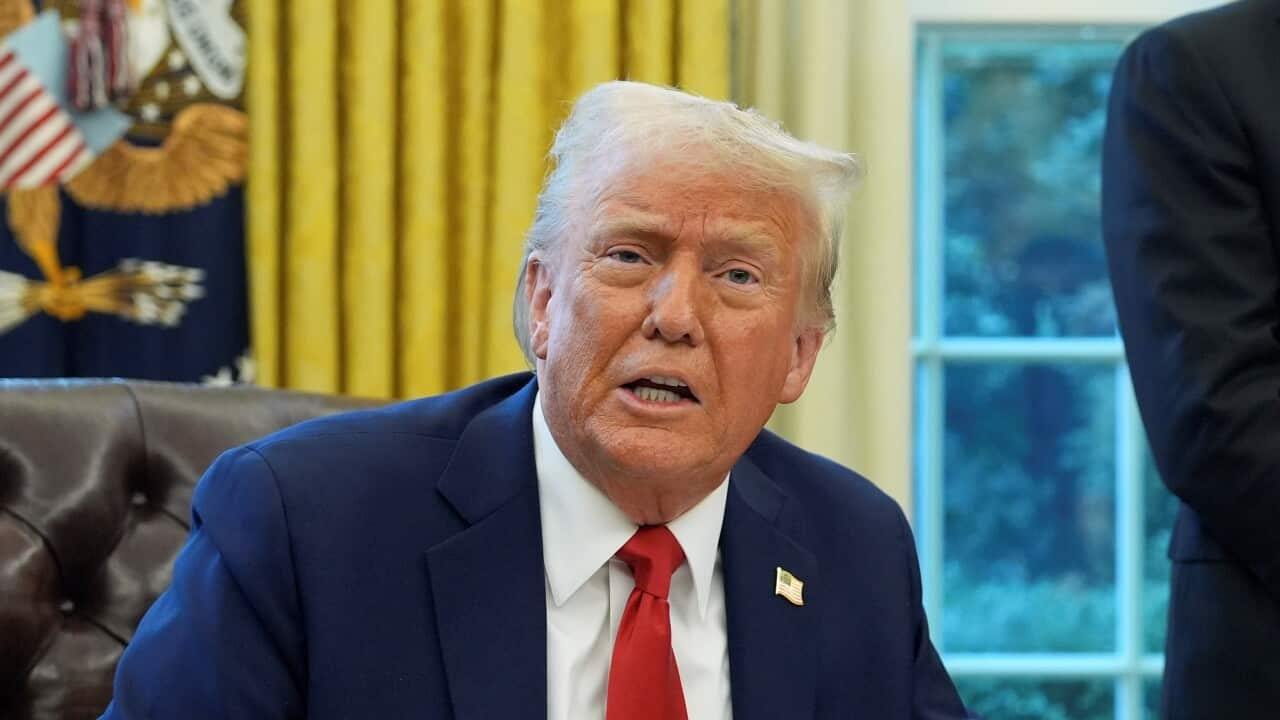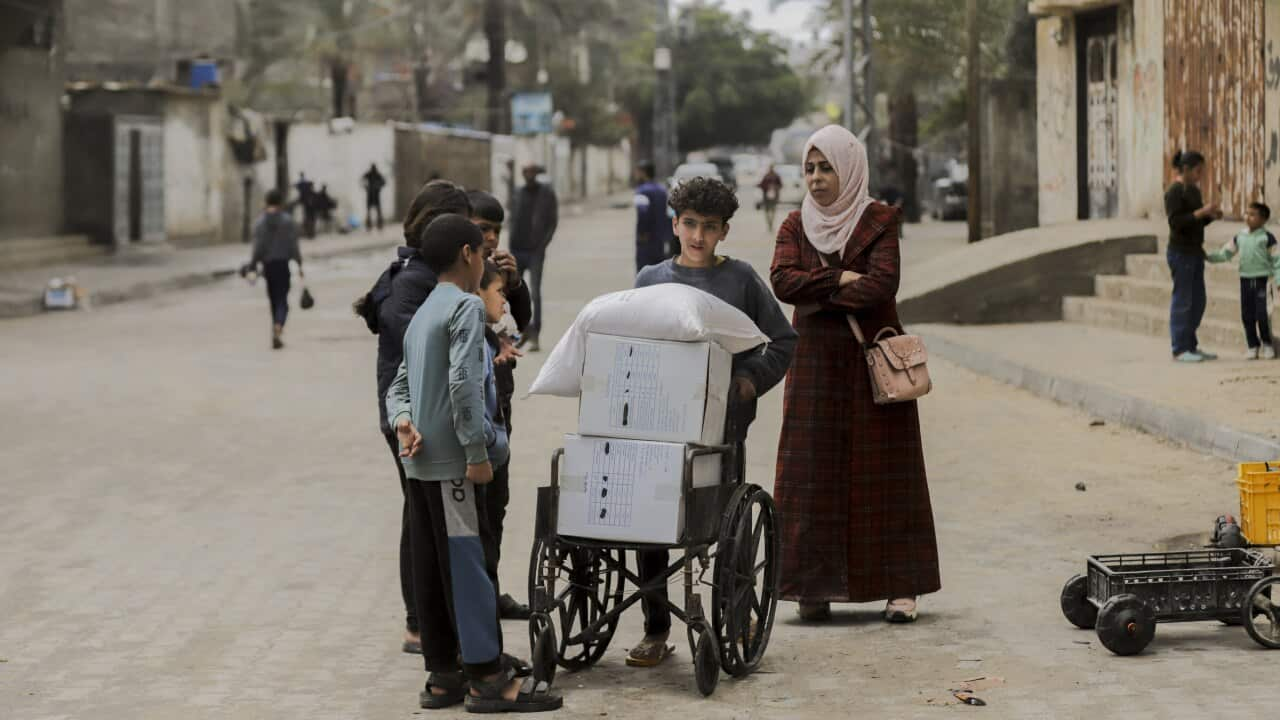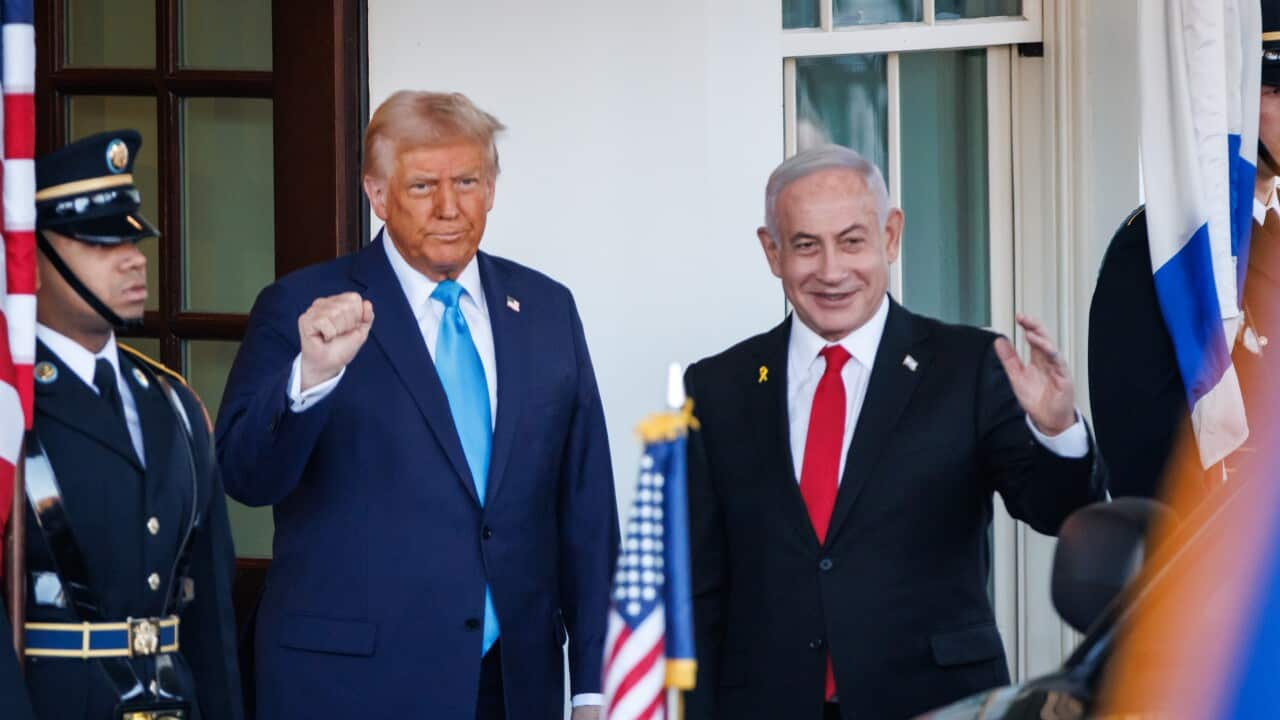United States President Donald Trump has ended the country's engagement with the United Nations Human Rights Council and continued the halt of funding to the UN Relief and Works Agency for Palestine Refugees (UNRWA).
The executive orders coincide with Israeli Prime Minister Benjamin Netanyahu's visit to the White House, the first of a foreign leader in Trump's second term.
Netanyahu has long been critical of UNRWA, accusing it of anti-Israel incitement and its staff of being "involved in terrorist activities against Israel".
Trump previously cut off funding for UNRWA during his first term in office, from 2017-2021, calling for unspecified reforms to the agency and urging Palestinians to renew peace talks with Israel.
Likewise, Trump's first administration also left the 47-member Human Rights Council halfway through a three-year term over what it called chronic bias against Israel and a lack of reform.
The US is not currently a member of the Geneva-based body, having served a 2022-2024 term under former president Joe Biden.
A working group from the council is set to review US' human rights record later this year, a process all countries undergo every few years. While the council has no legally binding power, its debates carry political weight and criticism can raise global pressure on governments to change course.
Since taking office last month, and withdrawn the US from global pacts and bodies, such as the Paris Climate Agreement and the World Health Organization. Both were steps he took in his first term as well.
With US$300 million-$400 million ($480-640 million) set aside for the agency each year — the US was UNRWA's biggest donor. But Biden paused funding in January 2024 after Israel accused several UNRWA staff of involvement in the 7 October 2023 attack on Israel by Hamas militants, which led to an escalation of conflict in Gaza.
Contributions to UNRWA were then formally paused until at least March 2025 by the US Congress. The agency provides aid in areas of health services and education to millions of Palestinians in Gaza, parts of the occupied West Bank, Syria, Lebanon and Jordan.
in the October 7 attack and were fired. A Hamas commander in Lebanon — killed in September by Israel — was also found to have had a UNRWA job. The UN has vowed to investigate all accusations made and repeatedly asked Israel for evidence, which it says has not been provided.
An Israeli ban went into effect on 30 January that prohibits UNRWA from operating on its territory or communicating with Israeli authorities. UNRWA has said operations in Gaza and the West Bank will also suffer.
The 7 October 2023 assault, which escalated the war in Gaza, resulted in 1,200 people being killed and more than 250 being taken hostage, according to Israeli figures.
Israel's campaign in response has and killed more than 47,000 Palestinians, according to Palestinian health authorities.
went into force on 19 January after 15 months of war and involved a halt to fighting, the release of some of the Israeli hostages held by Hamas, and the freeing of some Palestinian prisoners.
On Wednesday, Hamas confirmed that talks on the second phase of the Gaza ceasefire agreement with Israel had started.



